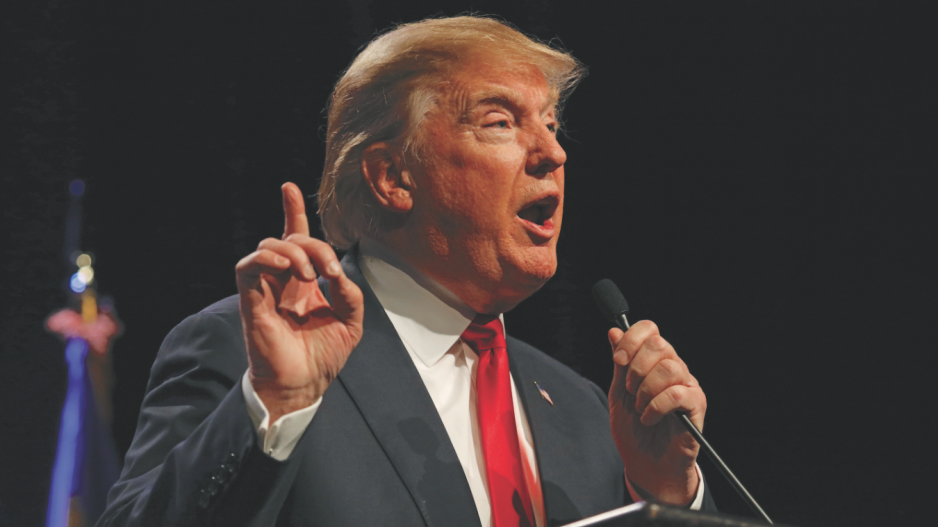A week before Donald Trump’s November election victory in the U.S., Canadian tech leaders were beaming after Ottawa said it would introduce changes to attract skilled foreign workers.
Finance Minister Bill Morneau said the new “global skills strategy” set to launch in spring 2017 would target high-growth companies and include features such as a two-week standard to process visas and work permits.
These changes to immigration policy and Trump’s victory both may give Canadian tech startups an edge in 2017 after the sector’s struggles with a talent crunch in the previous year.
Vancouver tech companies like Canada Drives reported a rise in applications from the U.S. following Trump’s win.
“With Trump coming into power in 2017 and talent crunch being a global issue, immigration of tech and professional talent in general for that matter will be a hot topic,” said Ray Walia, a managing partner at Victory Square and CEO of the Launch Academy incubator.
“Locally we see opportunities, but don’t be fooled – other countries are vying for the same talent we are and trying to build their own economies.”
On the consumer side of things, Walia said sports-related virtual reality (VR) has been making a big push since October.
He expects the momentum to continue into the new year as other live forms of entertainment like concerts, plays and amusement parks adopt more VR and augmented reality (AR) elements.
Rocky Ozaki, vice-president of community at the BC Tech Association, told Business in Vancouver that the region could make a run at becoming a hub for VR and AR.
Surrey-based Conquer Mobile specializes in VR technology for health-care professionals. Beijing-based Match-Light Interactive Entertainment Technology Corp. hired 10 workers and opened its first North American office in Burnaby in September. About 30 developers are expected to be working on VR experiences at the company’s subsidiary, Fire-Point Interactive, by 2018.
And in December, Port Coquitlam’s Finger Food Studios unveiled its $1 million “Holodeck” – a 26,000-square-foot facility used for showcasing life-size holograms using Microsoft’s (Nasdaq:MSFT) HoloLens headset.
Ozaki said Vancouver’s own background in the film and TV sector gives it a leg up compared with other potential hubs in North America.
In a December report, Central 1 Credit Union forecast economic growth in B.C. would slip from 3.5% in 2016 to 2.3% in 2017.
Ozaki, who emphasized he’s not an economist, said he does not expect the slowdown in the rest of the economy to interrupt the momentum the local tech sector has experienced this year.
“I don’t think it’s an option,” he said. “We have to forge on.”
Mojio, a Vancouver-based tech company that has developed devices to connect cars to the Internet through the vehicles’ own built-in computers, has benefited greatly from the 2016 momentum.
At the end of the year, it closed US$15 million in financing and launched partnerships with companies like Amazon (Nasdaq:AMZN) and U.S. wireless carrier T-Mobile (Nasdaq:TMUS).
“There are half a billion cars between North America and Europe that could be connected [to the Internet] that are not,” said Mojio CEO Kenny Hawk. “That’s the market we’re going after for the next several years.”
@reporton



